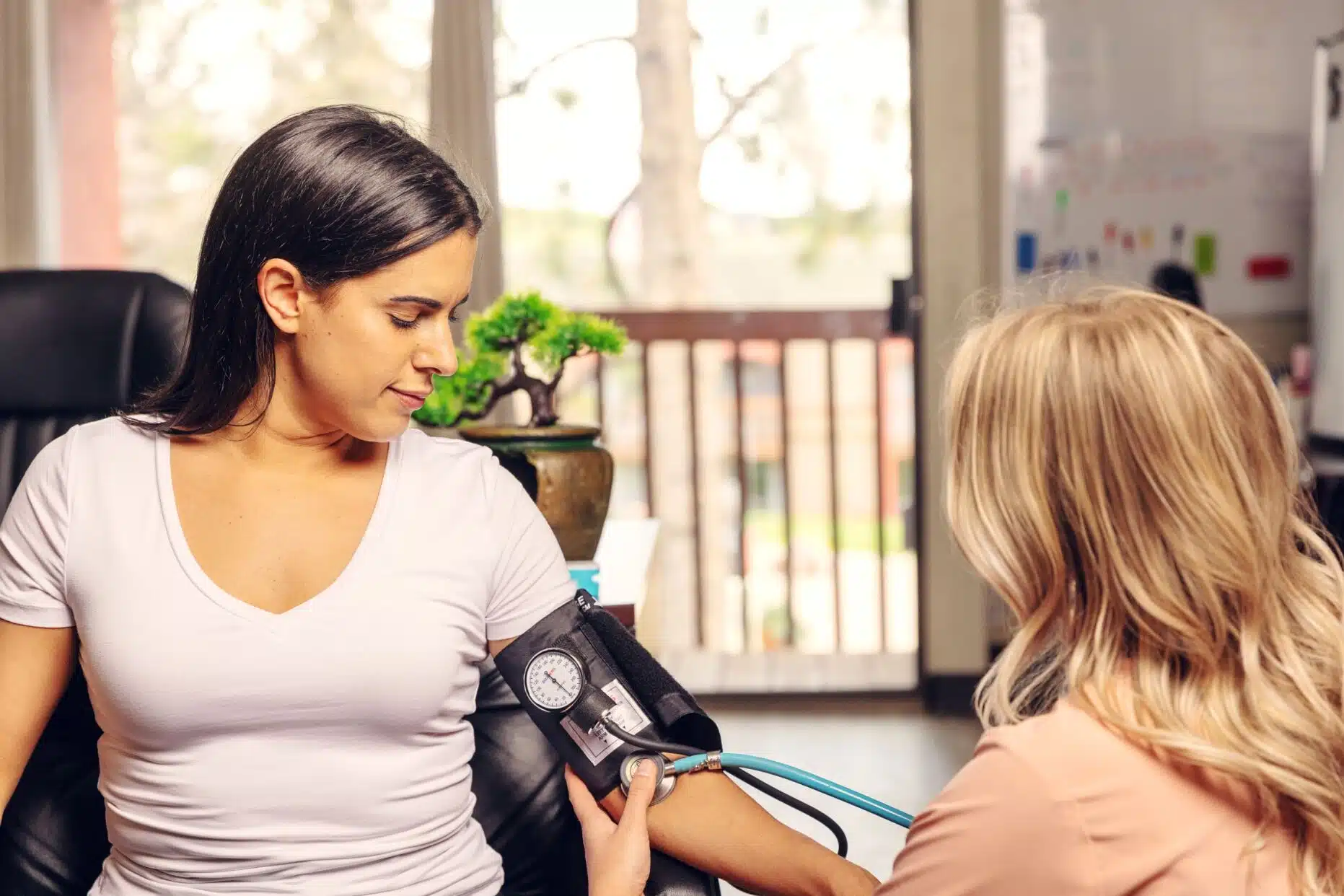Ecstasy is recognized as one of the most well-known party drugs. Along with LSDs, Kratom, and Marijuana, Ecstasy is often used for recreational purposes to heighten one’s energy and change the mental state. Since this synthetic substance has such powerful effects, there is a high risk for ecstasy drug abuse.
If you or a loved one is suspected to use ecstasy, what are some signs of addiction? Find out the different physical, mental, and behavioral symptoms that could appear when someone abuses ecstasy or MDMA.
Ecstasy Addiction Signs
Certain drugs, such as stimulants or opiates will have distinct signs and symptoms that will make one suspect drug abuse. The same can be said for ecstasy, but some physical, mental, and behavioral changes are quite unique for this type of drug. Below are some of the most common ecstasy addiction signs to observe:
Physical
- Pupils that are larger than usual (dilated pupils)
- Increased energy and alertness
- Insomnia
- Muscle tension
- Clenching or grinding teeth
- Dry mouth
- Cold sweats
- Feeling thirsty more often
- Increased sexual drive
Mental
- Feeling less anxious and depressed
- Showing an increased and even unnatural affection
- Increased euphoria
- Preoccupation with pleasure
- Being paranoid or easily agitated
- Mental confusion
Behavioral
- Wanting attention and affection when taking the drugs
- Having a more “social” behavior, feeling confident and energetic
- Sudden change in behavior when the drug is not taken
- Having multiple romantic relationships or sexual partners
- Attachment to people they have just met
- Lack of interest in other things not related to drug use or its effects
- Going to great lengths to acquire ecstasy
If you notice any or all of these ecstasy addiction symptoms, it is best to find professional help as soon as possible. Ecstasy abuse can present some life-threatening complications which can include organ failure or overdose.
Ecstasy Abuse Side Effects
How much is too much ecstasy? There is no “safe” dosage for this drug as it is considered an illegal synthetic substance in the United States. Addictive substances such as ecstasy will bring harmful side effects, especially when used long-term. Understanding ecstasy abuse effects will help people take drug addiction more seriously, as it is damaging to one’s health and life outcomes.
Heart damage
One of the most dangerous effects of ecstasy overdose or mixing it with other drugs is the heart damage that it can cause. A study from NIDA showed that people who have taken ecstasy with other stimulants have experienced high blood pressure levels which caused extensive heart damage.
Impaired motor skills
Another potentially life-threatening effect of ecstasy is impaired motor skills. Although it is a recreational drug, its effects can last longer than the social gatherings themselves. People may operate machinery or drive automobiles and experience impaired motor abilities. This is very dangerous and can cause accidents towards oneself and others.
Irregular sleep patterns
Since ecstasy also increases alertness, there is a tendency to have insomnia or irregular sleep patterns. The lack of sleep will cause several health issues such as heart problems, mood swings, and poorer mental health.
Decreased mental function
There are some studies that show how long-term ecstasy use is linked with decreased mental function. Some people are unable to perform daily tasks or be as comprehensible during conversations due to the long-term use of ecstasy. These mental deterioration effects are also associated with the use of ecstasy combined with other drugs.
Overdose
As a psychoactive drug, ecstasy increases brain activity and blood pressure. There is a risk of overdose especially with synthetic drugs that are laced with other substances such as party drugs containing the chemical cocktail of ecstasy. Some ecstasy overdose signs include seizures, vomiting, muscle tension, as well as impaired or loss of consciousness. It is important to seek emergency help right away when experiencing an ecstasy overdose.
These harmful side effects may be enough to become aware of just how much ecstasy is too much. Health problems are often accompanied by financial issues, relationship strain, and other consequences of drug abuse that affect the individual and the immediate people in his or her environment.
How to Get Help for Ecstasy Abuse
Getting help for ecstasy abuse can feel daunting at first, but oftentimes the initial step is always the hardest one. It takes courage and determination to seek addiction help, and one should be commended for taking that first step. Here are some things you can do specifically:
Contact a trusted ecstasy abuse treatment center
A rehab center that specializes in ecstasy abuse is essential in getting customized addiction treatment suited for you or your loved one’s needs. These centers should have the facilities, tools, as well as trained professionals needed to address ecstasy abuse. Finding accredited substance use disorder facilities and those which accept your healthcare insurance can be your first great step towards ecstasy addiction recovery.
Prepare for treatment
Another essential step in getting help for ecstasy abuse is preparing for an addiction intervention. Formal treatment centers may require you to stay as an inpatient, so knowing what to bring and what to expect during this time can help you prepare to engage in your rehab successfully.
Let trusted loved ones know about your decision
Letting loved ones such as family and friends know about your decision can be helpful and getting support during addiction recovery. They may be able to give you financial support, emotional encouragement, or even travel assistance during this time. It may be nerve-wracking to open up about substance use disorder or mental health problems, but those who want the best for you will show support no matter what.
Reach out to resources
You can find online resources or local supports to help you gain more knowledge about ecstasy addiction and its effects. If immediate treatment is not possible, you can start with these resources to educate yourself and to consolidate your decision about addiction recovery.
Ecstasy Addiction, Signs, and Treatment: Help is Available
Once you have a keen eye for ecstasy addiction signs, as well as their effects, in yourself and your loved one, it will be easier to make a solid decision about substance use disorder treatment. Help is readily available once you are ready to make a positive change leading to addiction recovery.
Sources
Medical disclaimer:
Sunshine Behavioral Health strives to help people who are facing substance abuse, addiction, mental health disorders, or a combination of these conditions. It does this by providing compassionate care and evidence-based content that addresses health, treatment, and recovery.
Licensed medical professionals review material we publish on our site. The material is not a substitute for qualified medical diagnoses, treatment, or advice. It should not be used to replace the suggestions of your personal physician or other health care professionals.







